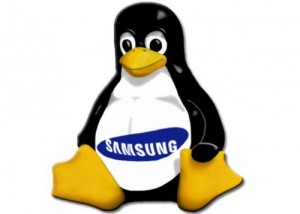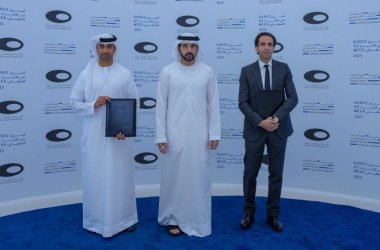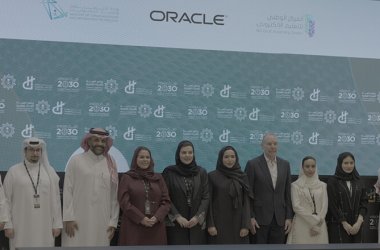 It’s been clear for some time that Samsung has a strong interest in Linux; but on Tuesday, the company put its money where its mouth is and made the $500,000 annual investment necessary to become a platinum member of the Linux Foundation.
It’s been clear for some time that Samsung has a strong interest in Linux; but on Tuesday, the company put its money where its mouth is and made the $500,000 annual investment necessary to become a platinum member of the Linux Foundation.
In return, Samsung gains a seat on the foundation’s board of directors and joins six other corporate investors at this highest membership level. The nonprofit consortium’s other platinum members are Fujitsu, IBM, Intel, NEC, Qualcomm, and Oracle. Samsung was previously a silver sponsor.
“The Linux Foundation is an important organisation. It brings the right people and resources together to help companies and developers advance Linux for everyone,” said WonJoo Park, vice president for Samsung Electronics, in the official announcement.
“We’re looking forward to increasing collaboration and support for our growing portfolio of Linux-based devices and to making contributions that advance Linux for all,” Park added.
Samsung uses Linux across multiple product lines. Its popular Galaxy series, for example, relies on Linux-based Android, while other consumer electronics products, such as TVs and home appliances, rely on Linux in other forms.
Last month, Samsung overtook Apple as the leader in the smartphone market, according to IDC.
Then, of course, there’s the Linux-based Tizen project, which offers great promise as a compelling Android alternative. Samsung has enthusiastically backed Tizen from the get-go, and last I heard it was still planning to merge its own Bada operating system into the project.
I’m betting it won’t be long before we see a Tizen phone from Samsung.
It’s no wonder Samsung is getting serious about Linux. The free and open source operating system powers a huge part of its product line, and there’s more to come.
Between Android and Tizen, Linux is also at the heart of Samsung’s ability to compete with and overtake Apple. As a platinum member of the Linux Foundation, Samsung will have more control than ever over the highly flexible OS, which is supported by a global community of 800 companies and 8,000 developers.
In short, this is a really exciting move. Jim Zemlin, the Linux Foundation’s executive director, summed it up nicely in a blog post yesterday: “The world’s largest device maker is investing so much in Linux because it understands the power of collaborative development and its role in today’s technology market. Market winners are being defined by their ability to collaborate. Period.”





